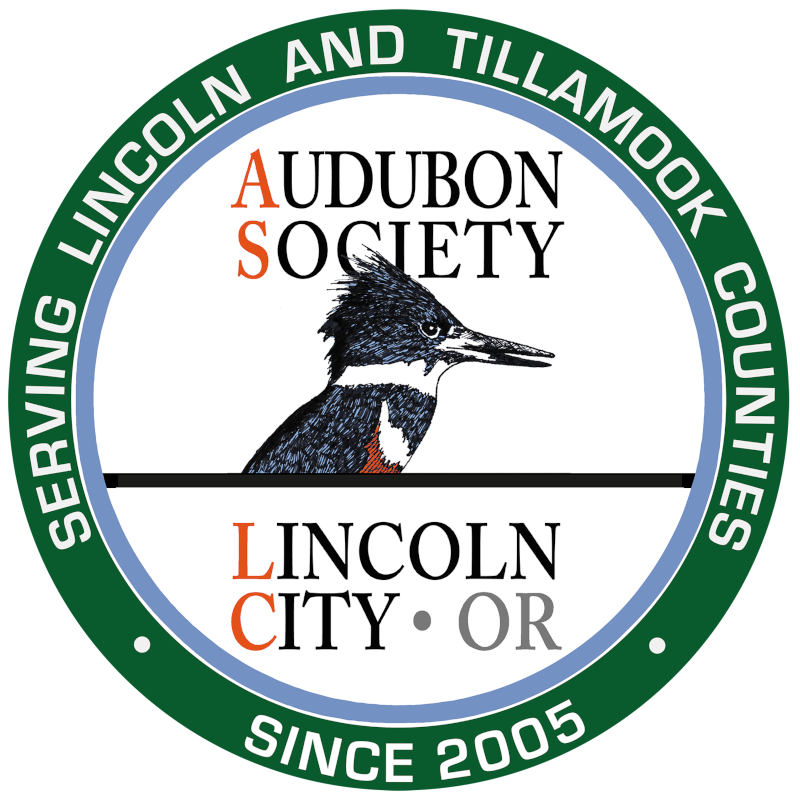About Our Forests
Oregon’s forests provide vital habitat for rich biodiversity, protect freshwater resources, and help us in the fight against climate change.
Industrial timber practices degrade watersheds, destroy habitat, adversely affect wildlife, and enslave rural communities. Oregon needs to modernize; shifting to more sustainable forest practices and addressing decades of social injustices in rural communities.
What we are doing
We have fought tirelessly for more than 4 years to promote better forest management that prioritizes wildlife habitat, clean water, carbon sequestration and recreation on our state lands. We have been consistently advocating for:
The Private Forest Accord, which includes a Habitat Conservation Plan (HCP) for industrial tree plantations that expands protections riparian areas along our watersheds, curtails logging on the steepest slopes prone to landslides, and shores up requirements that sediments be kept out of streams
An ownership agreement and HCP for the Elliott State Research Forest so that it would be managed by Oregon State University’s School of Forestry and a technical advisory committee to ensure forest practices attend to the latest scientific research
An HCP and Forest Management Plan for the state forests of western Oregon that would protect the habitats of seven endangered species while ensuring timber harvest and revenue continue into the future
A Climate Change and Carbon Plan which seeks to make Oregon a national leader in climate-smart forestry, produced by the Oregon Department of Forestry under the direction of the Board of Forestry
What’s next?
The efforts and progress we’ve made alongside our partnering conservation groups have come up against a firestorm of resistance from timber companies who want to continue their practices of indiscriminate slash-and-burn clearcutting. Timber interests are packing meeting rooms and putting forward a myriad of bills in the legislature to attack all the efforts described above. Our forests, our water, our wildlife, and our recreational opportunities are all in serious danger.
Oregonians overwhelmingly support state forest management that prioritizes clean water, fish and wildlife habitat, carbon storage, and recreation on state lands. It is time for Oregon to come out of the dark ages of forestry. We need to balance our use of these lands, managing them for their greatest permanent value to all Oregonians and stop the single-minded prioritization of timber sales. We can meet our needs for wood products without sacrificing our water, wildlife and way of life.
Get involved!
Be a voice for Oregon’s wildlife, especially threatened and endangered species, those listed by federal and/or state agencies and those about to become listed
Stand up and speak out for greater protections for all watersheds of Western Oregon.
Speak up for rural communities and against social and environmental injustices. Advocate strongly at the state level for radical changes in funding for the Oregon Department of Forestry, rural counties, and local taxing districts that are held hostage to an antiquated funding system.
Take action now by contacting your elected officials at state and county levels. Tell them that you support:
Balanced management of our public lands
Efforts to develop a new business model for the Department of Forestry that decouples timber revenue from counties and local taxing districts while keeping them whole financially
Strong Habitat Conservation Plans for private forests, state forests, and the Elliott State Research Forest





